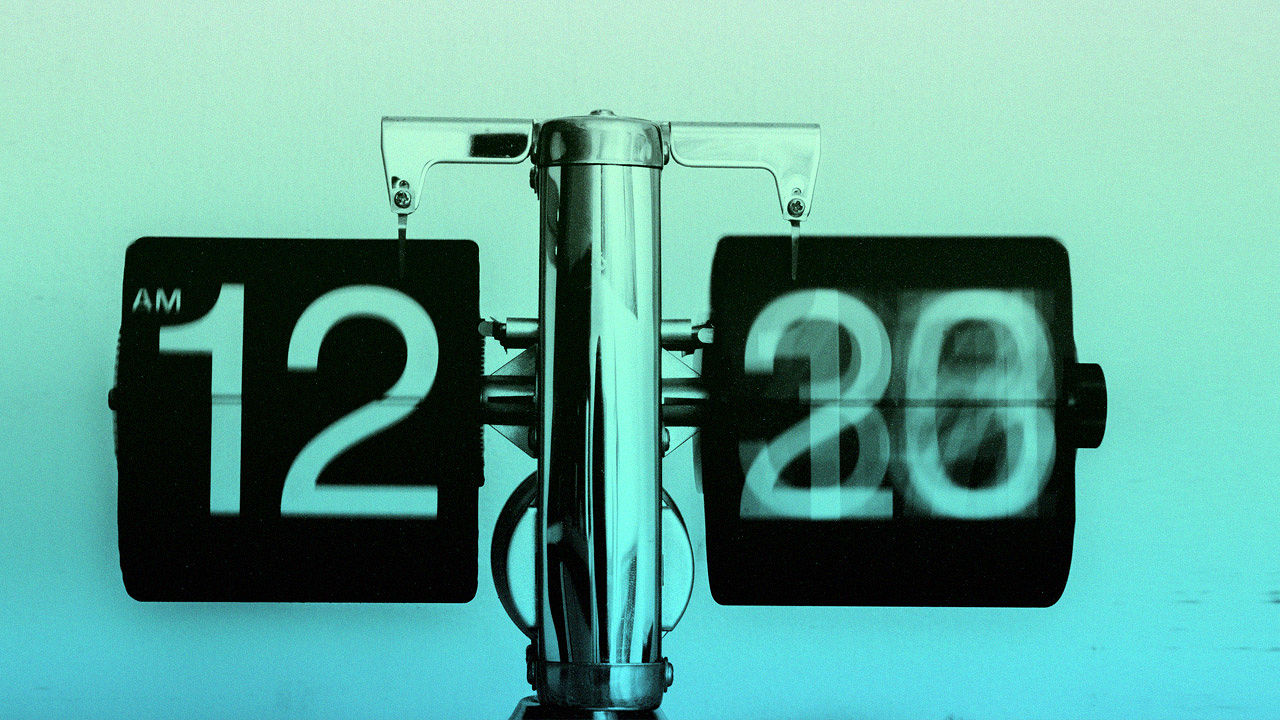8 Productivity Habits Of The Most Successful Freelancers
Working for yourself offers a number of advantages when it comes to productivity. You have a great deal more control over how you spend your time. You may still have to attend meetings, but certainly not as many as you had when you were working for someone else. And you have more freedom to structure your workday.
But within that freedom also lies a number of pitfalls, says Maura Thomas, founder of time management website RegainYourTime.com and author of the forthcoming Personal Productivity Secrets. Freelancers, soloists, and self-employed business leaders can find themselves adrift without the structure of an office setting, especially early in the game. To reclaim your time and up your productivity, follow these eight tips.
1. They Schedule Using The Three Cs
Some people thrive in a structured environment with definite start and end times to the workday, while others prefer more flexibility to plan their work on their own terms, says leadership and productivity expert Kevin Kruse, author of 15 Secrets Successful People Know About Time Management.
Think of your tasks in categories called the “three Cs,” he says: creative, collaborative, and connecting. Schedule your creative work—when you’re thinking, making decisions, writing, and planning—when you’re mentally strongest. For many, that’s early in the day, he says. Block out times for collaborative work, such as meetings, phone calls, and other work tasks where you need to interact with others. Then, plan your connect time, when you recharge with family and friends.
2. They Don’t Keep A To-Do List
Kruse says that to-do lists allow tasks to pile up and contribute to overscheduling. Instead, he advocates entering tasks directly into your calendar. That way, you’ve assigned a time block and a deadline to them immediately. Your to-do list is embedded into every minute of your day, he says.
3. They Have A Realistic Grip On Their Time
Of course, before you can effectively schedule your tasks, you need to have a good understanding of how long it takes to do things. Freelance editor and writer Jennifer Lawler, author of Dojo Wisdom for Writers: 100 Simple Ways to Become a More Inspired, Successful, and Fearless Writer, suggests tracking your time over the course of two or three weeks to make sure you have a good understanding of how long things take. “Many freelancers underestimate the amount of time it takes them to do things, and then they’re surprised when they fall behind,” she says.
4. They Have A Set Workspace
You may not need a private office, but it’s important to have a dedicated workspace where you have the materials, information, and resources handy, Kruse says. Setting up the tools you need to work and tracking down files and information takes time away from actually doing the work and being more productive, he says.
5. They Create A Focused Environment
While you might not be getting called into meetings or have coworkers stopping by your office, there are plenty of distractions when you’re self-employed, Thomas says. Home-based workers may feel the call of housework or favors for neighbors during the workday, while those in small offices may go down the social media rabbit hole.
Work on actively minimizing distractions by turning off push notifications on social media and answering email and phone calls at scheduled times during the day. Don’t be afraid to tell neighbors that you’re working and can’t chat, and schedule housework like you would other tasks, she says.
Freelance writer Joelle Klein also suggests using apps like Freedom that temporarily block social media and other sites that are fodder for distraction. Time Out is another app that helps you schedule in breaks so you can stay focused as you do your work.
6. They Analyze Their Processes
Once you have a good understanding of how much time things take you (without those pesky interruptions), you can begin to analyze your processes and make adjustments that can make you more efficient, Lawler says. Look at where you’re spending your time and whether there are ways to be more efficient without sacrificing quality.
For example, can you schedule a day of calls, and then a day of creative work to help you stay in one mind-set longer? Can you hire a virtual assistant or transcriptionist to manage some administrative tasks that will free you up to do billable work? Use template or boilerplate email responses or inquiries to save time on composing common email messages?
Or are there areas where you’re spending time, especially in marketing or administrative work, that just aren’t yielding results and can be ditched altogether?
7. They Target The Right Customers
Focusing on landing customers who are a good fit for what you offer can be an enormous productivity booster, Lawler says. In her work as a development editor, she has sought out clients who appreciate her work and who, as a result, refer new projects to her regularly. That cuts down on the time she needs to spend marketing, and endless rounds of revisions from clients who have a different style from hers.
It’s a good thing to learn new skills and stretch yourself once in a while, she says. But find customers who need what you do and with whom you work well, so more time is spent on doing high-quality work versus client marketing and management. Finding clients who pay you well for your work also cuts down on the scramble to constantly find more clients to meet your revenue needs, she says.
8. They Use Automation Wisely
Let’s face it: You can automate almost anything today. From marketing email blasts to monthly invoices, there are software packages and platforms that can save you significant amounts of time. Blogging expert Eric Brantner, founder of Scribblrs, a blog that teaches the basics of blogging, even automates opening his browser tabs each morning with Loadr, a Google Chrome extension. Explore new apps and what they can do for you, but don’t lose the personal touch that likely sets you apart from your peers, Lawler says.
Fast Company , Read Full Story
(8)














